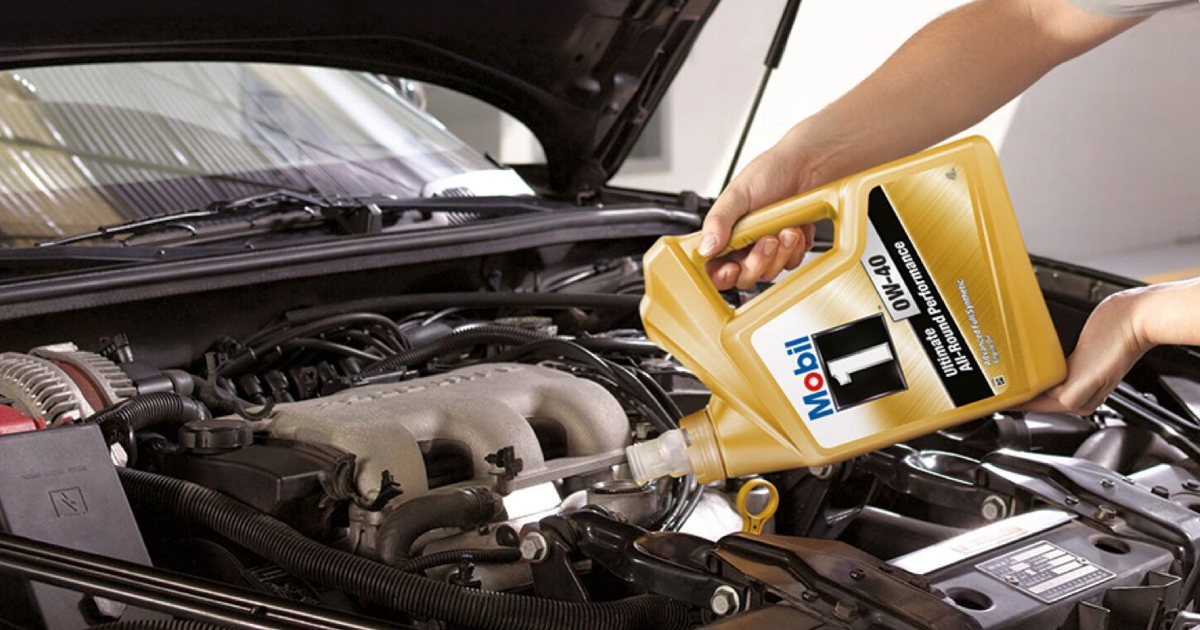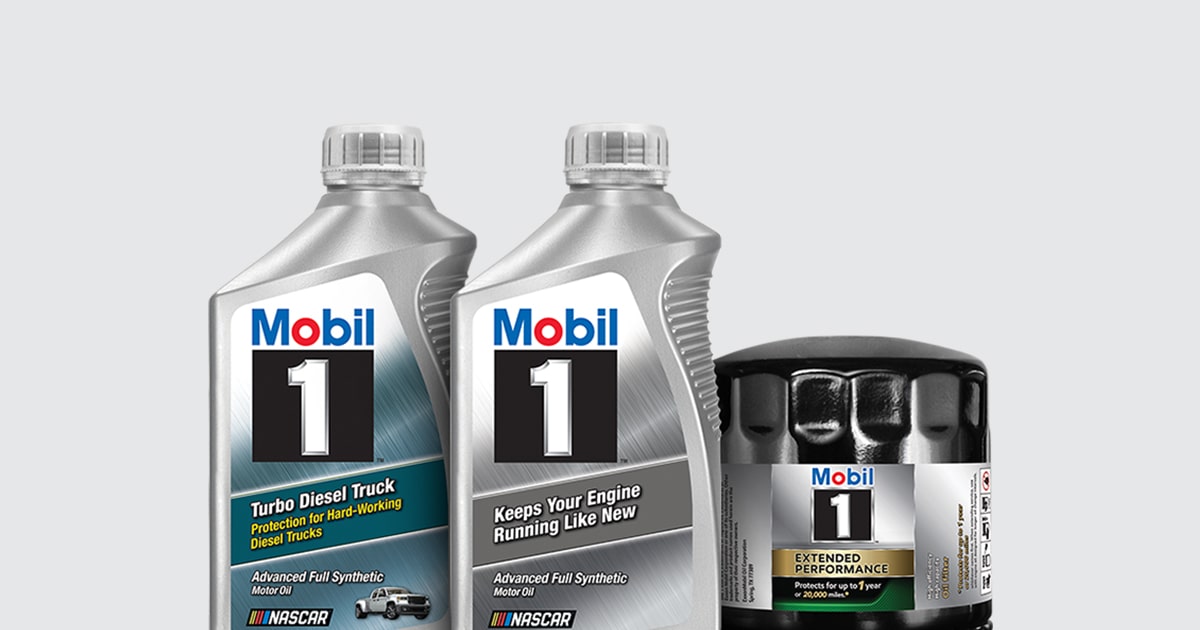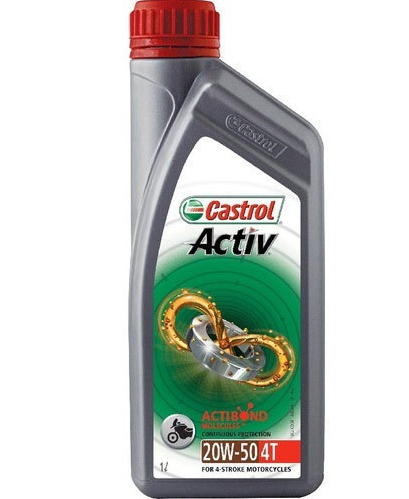When it comes to properly maintaining your car, choosing the right engine oil is crucial. Engine oil serves the same purpose in all vehicles: to lubricate the engine and keep it running smoothly. However, there are different types of engine oil available on the market.
Different Types of Car Oils
There are many kinds of car oils. Each one suits different needs. Look at your car’s manual first. It says which oil is right for your car.
- Conventional Oil
- Synthetic Oil
- Synthetic Blend Oil
- High-Mileage Oil
Conventional Motor Oil
Conventional motor oil is the most common type of motor oil. It is derived from crude oil and is suitable for older vehicles and engines that operate under normal conditions. Conventional motor oil provides adequate lubrication and performance for most cars.

Credit: toyota.com.ph

Credit: www.mobil.com
Synthetic Motor Oil
Synthetic motor oil is man-made. It’s good for modern engines and extreme weather. This oil is specially formulated using chemical compounds. It offers better lubrication and protection compared to conventional oil. Synthetic oil has superior high-temperature stability and provides an extra layer of protection for your engine. It is ideal for modern vehicles and high-performance engines.
Synthetic Blend Motor Oil
Synthetic blend motor oil combines a mixture of synthetic and conventional oils. It offers some of the benefits of synthetic oil at a lower cost. This oil provides improved engine protection and is suitable for vehicles that require extra performance and protection. It’s often used in trucks and SUVs.
High-Mileage Engine Oil
High-mileage engine oil is specifically designed for vehicles with higher mileage. It contains additives that help to reduce oil burn-off, rejuvenate seals, and prevent leaks. High-mileage oil provides added protection and can extend the life of your engine. If your car has traveled over 75,000 miles, this oil can help its older engine.
Oil Viscosity Ratings
“Viscosity” means how thick the oil is. It’s shown on oil bottles, like “5W-30”.
| Code | Meaning |
|---|---|
| 5W | Oil’s flow at cold temperatures. |
| 30 | Oil’s flow at the engine’s normal temperature. |
Always use the viscosity your car’s manual suggests.

Credit: www.mobil.com

Credit: andrewsjapanesecars.com
Factors to Consider
- Car’s Age
Older cars might need different oil than newer ones.
- Drive Habits
Driving in tough conditions might require stronger oil.
- Climate
Hot or cold weather can affect which oil you should use.
How Often to Change Oil
Before, people said to change oil every 3,000 miles. Now, with better oils and cars, times vary. Newer cars need an oil change less often. Always check your manual to know when to change the oil.
Top Engine Oils for Your Car
| Oil Brand | Type | Best For |
|---|---|---|
| Mobile 1 | Synthetic | Newer Cars, High Performance |
| Valvoline | High Mileage | Older Cars, over 75,000 miles |
| Castrol GTX | Conventional | Older Cars, Simple Engine Designs |
| Shell Rotella T6 | Synthetic Blend | Trucks, SUVs, Heavy Duty |
Checking and Adding Oil
It’s easy to check your car’s oil. Follow these steps:
- Wait for your engine to cool down.
- Open your car’s hood and find the dipstick.
- Pull the dipstick out and wipe it clean.
- Put it back in, then pull it out again to check the level.
- If it’s low, add the right oil.
Choosing the Right Engine Oil
Now that you are familiar with the different types of engine oil, you might be wondering how to choose the right one for your car. The decision can depend on factors such as the age of your vehicle, driving conditions, and manufacturer recommendations.
It is always best to consult with a professional mechanic, like the experts at Tom’s Auto Center, for advice on the most suitable engine oil for your specific vehicle. They can perform a thorough evaluation and recommend the type of oil that will provide optimal performance and protection.
In Conclusion
Understanding the types of engine oil available and choosing the appropriate one for your car is essential for maintaining the longevity and performance of your vehicle. Conventional oil is ideal for older cars, while synthetic oil offers the best protection for modern vehicles. Synthetic blend oil combines the benefits of both types, and high-mileage oil is beneficial for older cars with higher mileage.
Remember to consult with a professional mechanic to ensure you select the right engine oil for your car. By following proper maintenance practices and using the recommended engine oil, you can keep your car running smoothly for years to come.
Frequently Asked Questions on Types of Engine Oil for Car: Choosing the Best Lubricant for Your Vehicle
What Are the 3 Types of Car Oil?
The three types of car oil are synthetic, semi-synthetic, and conventional oil. Consult with our mechanics at Tom’s Auto Center to determine the best option for your vehicle. Read More
What Are the 4 Types of Oil in a Car?
The 4 types of car oil are conventional, synthetic, synthetic blend, and high mileage. Each type has specific uses and benefits for different car engines. It’s essential to choose the right one for optimal performance and engine protection. Read More
What Type of Engine Oil Should I Put in My Car?
You should use synthetic, semi-synthetic, or conventional oil in your car based on your vehicle’s needs and your driving habits. Consult with our mechanics at Tom’s Auto Center for personalized recommendations.
How Do You Determine the Type of Engine Oil for Your Car?
To determine the type of engine oil for your car, consult with a mechanic for a recommendation based on your vehicle’s needs and specifications. Choose from synthetic, semi-synthetic, or conventional oil for optimal performance and protection.


